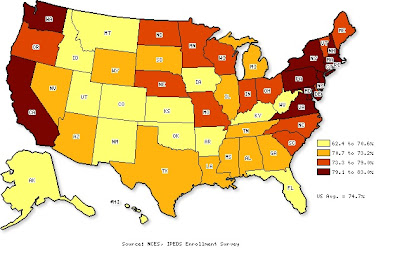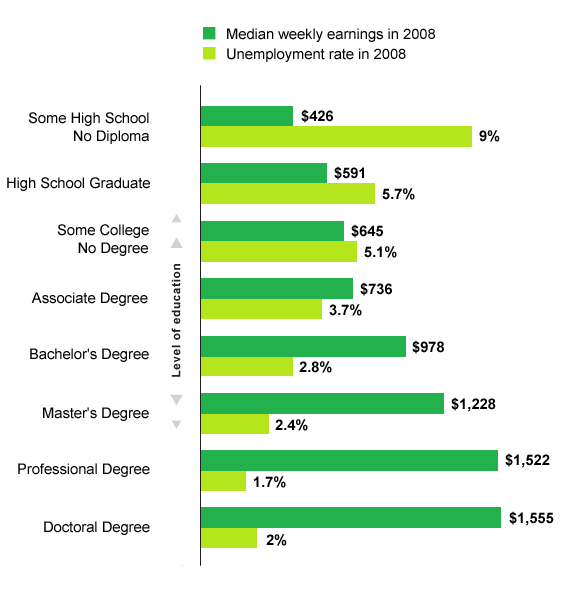Another potential route for someone unsure about his or her futures would be a trade school. Trade schools are exactly as they sound; they teach a specific trade and thoroughly prepare students for the workforce. They teach more practical hands-on type training than a traditional college where theories and concepts have more of a focus.
Trade schools are also often times smaller than traditional schools, which allows for an even more specialized training. There has also been a growing trend in employers who prefer hiring people with technical school experience. This has launched trade schools onto a new level. They have come a long way since their origin in the 1970s. Before them going to a traditional college was pretty much your only path to success.
One of the largest benefits of trade school are the savings; not only in money, but also in time. Due to the more concentrated course work you earn your degree faster and can enter the workforce quicker, which gives you a jump start on finding a job and earning money. The less time you have to spend in school the more money you save. There have been reports of a much as 60-70 percent of less money spent on going to a trade school rather than a 4-year institution.
One of the major drawbacks of trade schools is that they do only specialize in certain things. Not all areas of interest are covered under there programs. So this may not be an option if your not passionate about what they offer. You also, again, miss out on the college experience of being on a campus and experiencing a lifetime worth of things.




